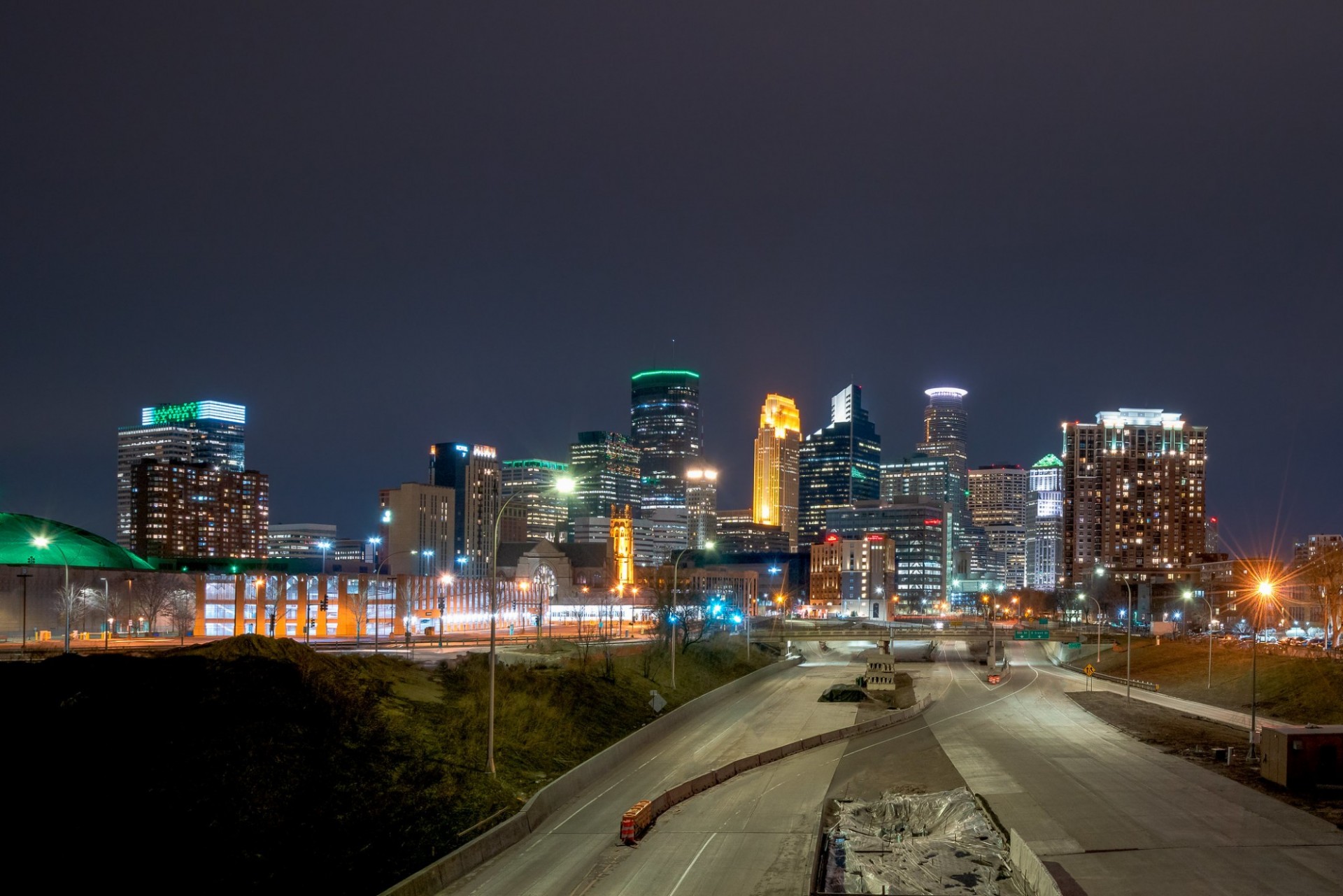A Behavioral Contagion to Fight the Climate Crisis
A global pandemic is certainly not a sustainable way to reverse climate change but it’s a start. And it actually might help with generating long-term climate solutions.

C+S 2020 students are blogging about topics that interest them for Applications in Climate and Society, a core spring class.
It’s day 38 of quarantine. Morale is low. The future is bleak. I have been separated from my family for a month now because my 64-year-old father still worries my return home will bring the virus knocking at his front door. I feel trapped. I think we all do.
But I have found solace.
Society’s slow-down due to coronavirus has provided an opportunity for Earth’s ecosystems and atmosphere to rebound. Although a global pandemic is certainly not a sustainable way to reverse climate change, it’s a start. And it actually might help with generating long-term climate solutions.
For the moment, nature is healing. The canals in Venice are clearer, as are South Florida’s oceans. Biscayne Bay, nearly bereft of its sea-grass ecosystem, is suddenly flourishing again, and dolphins and endangered sawfish have returned to explore Miami’s shorelines now that they’re devoid of people – and trash. Meanwhile, Thailand’s closed beaches are currently booming with sea turtles. Geoscientists say seismic indicators have hushed without the thrum of human activity, making it possible to hear the subtlest creaking of fault lines. Birds are singing louder and more beautifully than before, though maybe it’s just because we finally have the time to notice.
And there's good news for the climate change trajectory.
Greenhouse gas emissions from fuel combustion are dropping due to stay at home orders. Schools and industries are closed, traffic jams are yesterday’s news, and weekend plane getaways are far from anyone’s minds. China, the world’s largest carbon emitter, saw a 25 percent dip in February. That’s equivalent to 200 million tons of carbon dioxide, over half the annual emissions of Britain. Additionally, nitrogen dioxide, which reacts to form potent greenhouse gasses in the lower atmosphere, is down 40 percent in cities in France, Spain and Italy. In India, Punjab and New Delhi residents can now see the distant snow-capped mountains of the Himalayas for the first time in more than three decades due to the drastic reduction in air pollution. They are also ecstatic to see the stars, now visible at night.
Yet it remains to be seen whether society’s response to the pandemic will help or harm the climate over the long run because the way we plan our return to normal life could make or break the future of our planet’s climate.
There is a risk that coronavirus could spell disaster for the climate. Despite the momentary drop we’re seeing in emissions, efforts to revive the economy could, feasibly, follow historical vices. Take the 2008 financial crisis and the oil shocks of the 1970s: emissions bounced back stronger than ever as soon as the economies recovered.
However, what I find encouraging amidst this pandemic is not only the pace, but also the extent, to which our society has altered its habitual norms. In a matter of weeks we’ve seen governors, civil rights groups, and communities come together to minimize transmission and to shape relief and recovery plans for all citizens regardless of race – and this is paralleled across countries worldwide. Both the coronavirus and climate crises concern the (disproportionately affected) health of our species. It’s just that one is acute while the other is a slow violence. But, as we have seen, we have the agency — the power, the drive—as a species to influence policymakers and affect change upon governmental systems when we collectively perceive a crisis.
So, let’s use society’s rapid, coronavirus-induced habit changes as long term solutions for the climate crisis, “the backdrop against which modernity now plays out,” as The New York Times puts it.
Teleworking could become normalized, household consumption could shrink as we realize the limits of what we truly need, personal long-distance travel might become ethically questionable, and maybe, a sort of “behavioral contagion,” as Cornell professor Robert Frank calls it, will take hold. According to Frank, “this reflects the way ideas and behaviors spread through a population and can, in terms of climate action, lead to changes in voting and even policy.” As we exit the coronavirus crisis, let’s maintain our focus on the climate.
Let’s maintain our agency.
